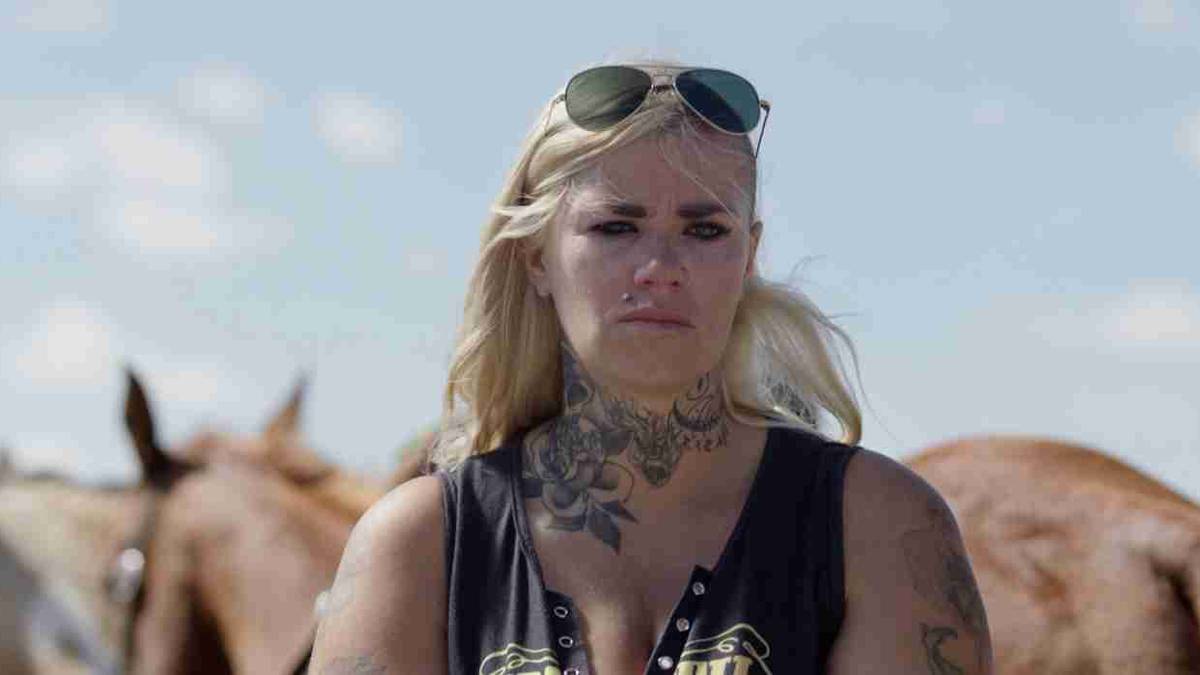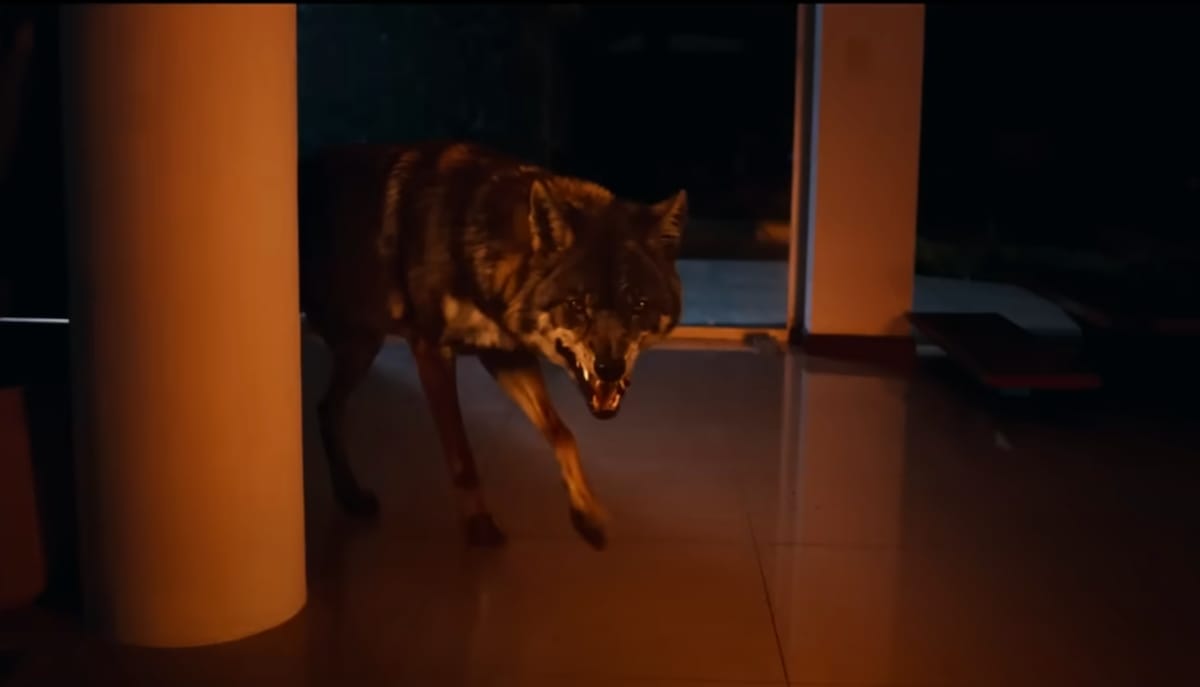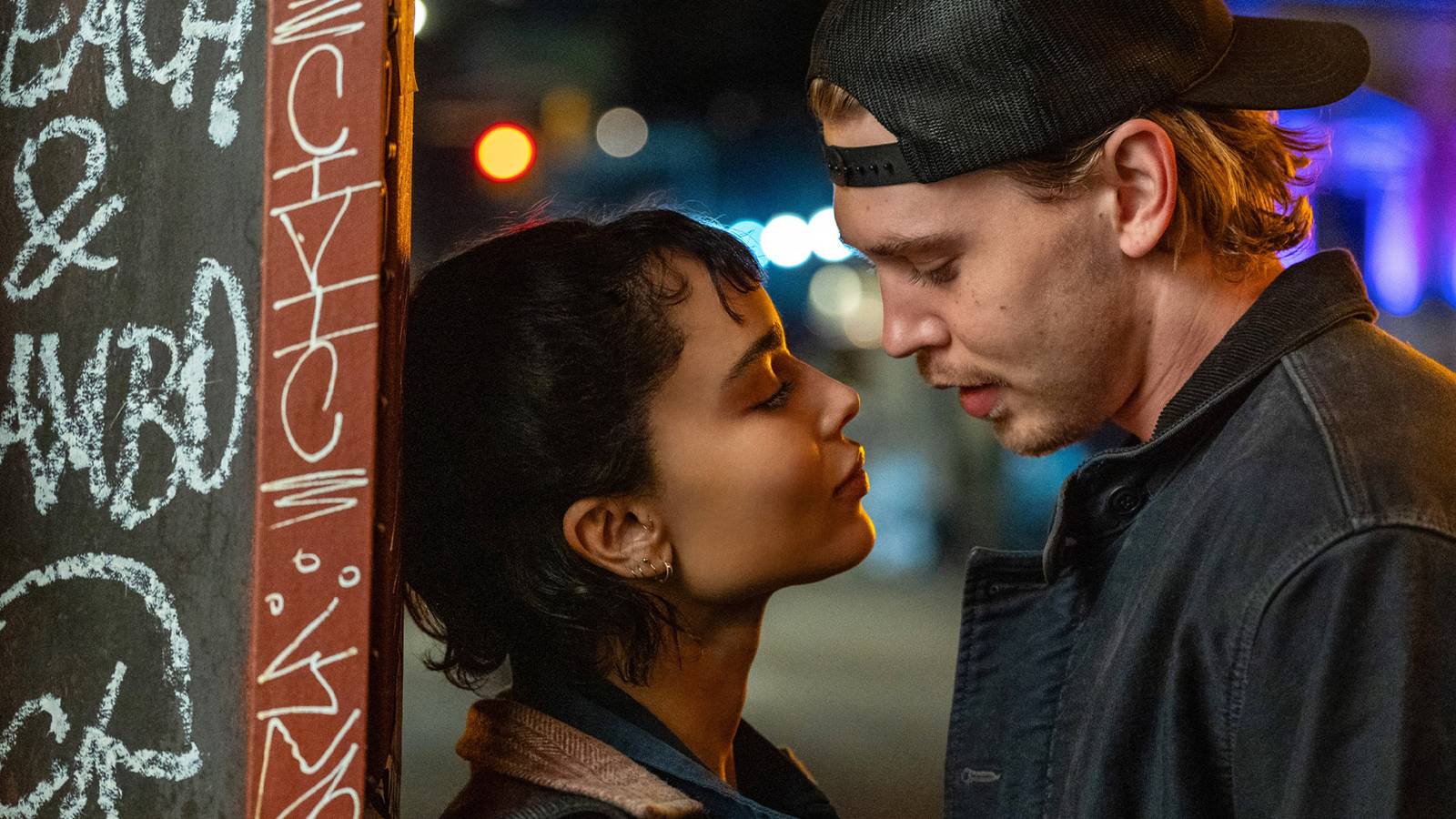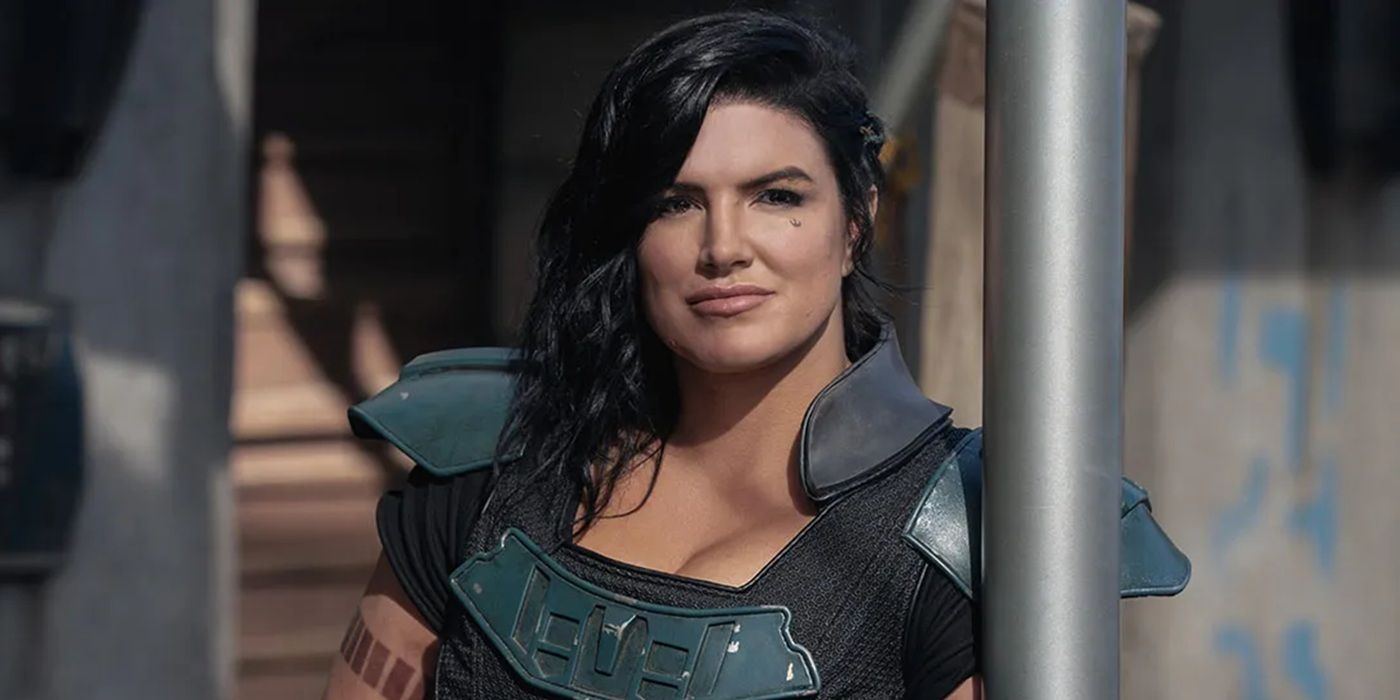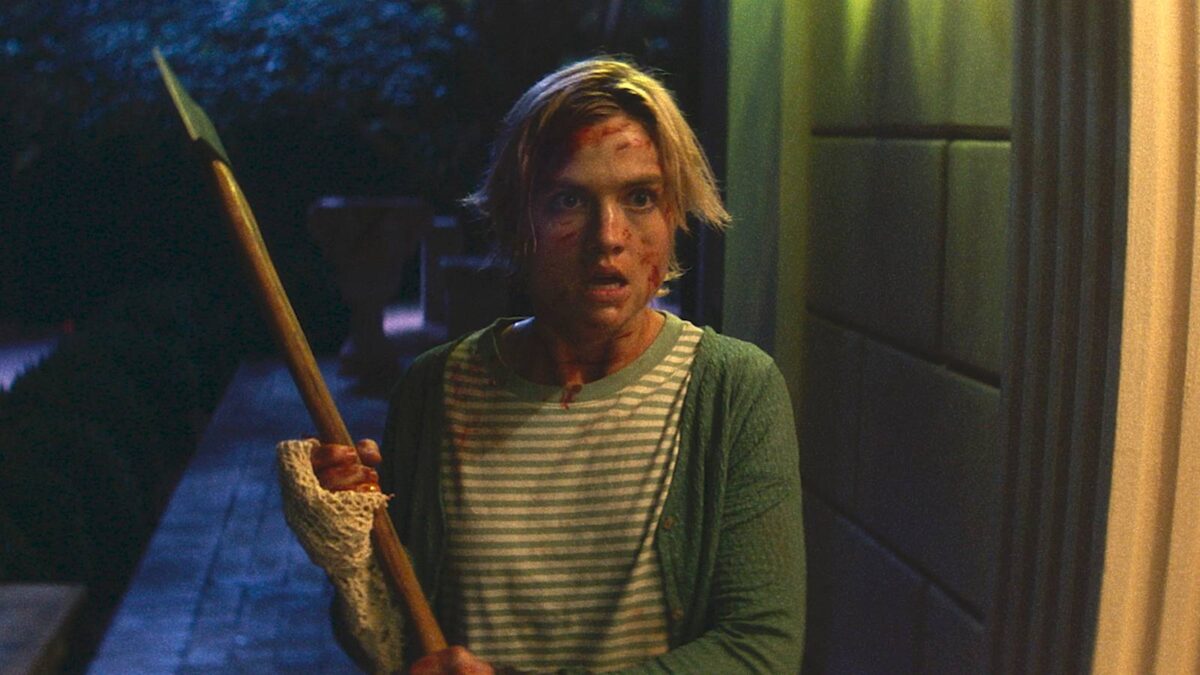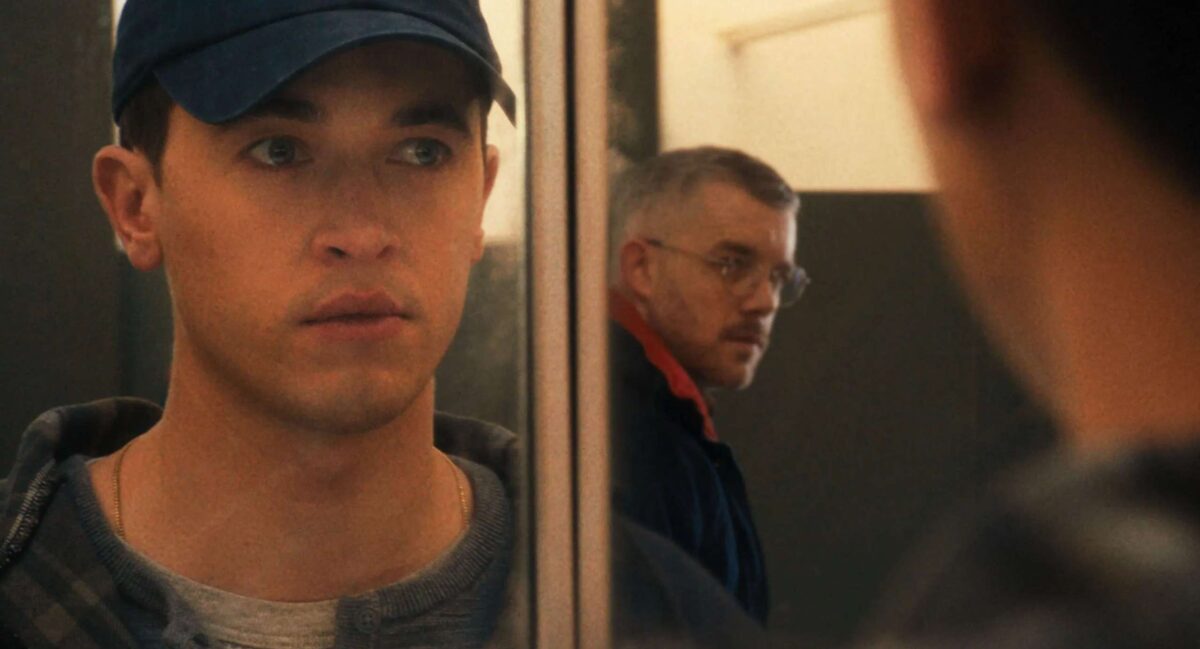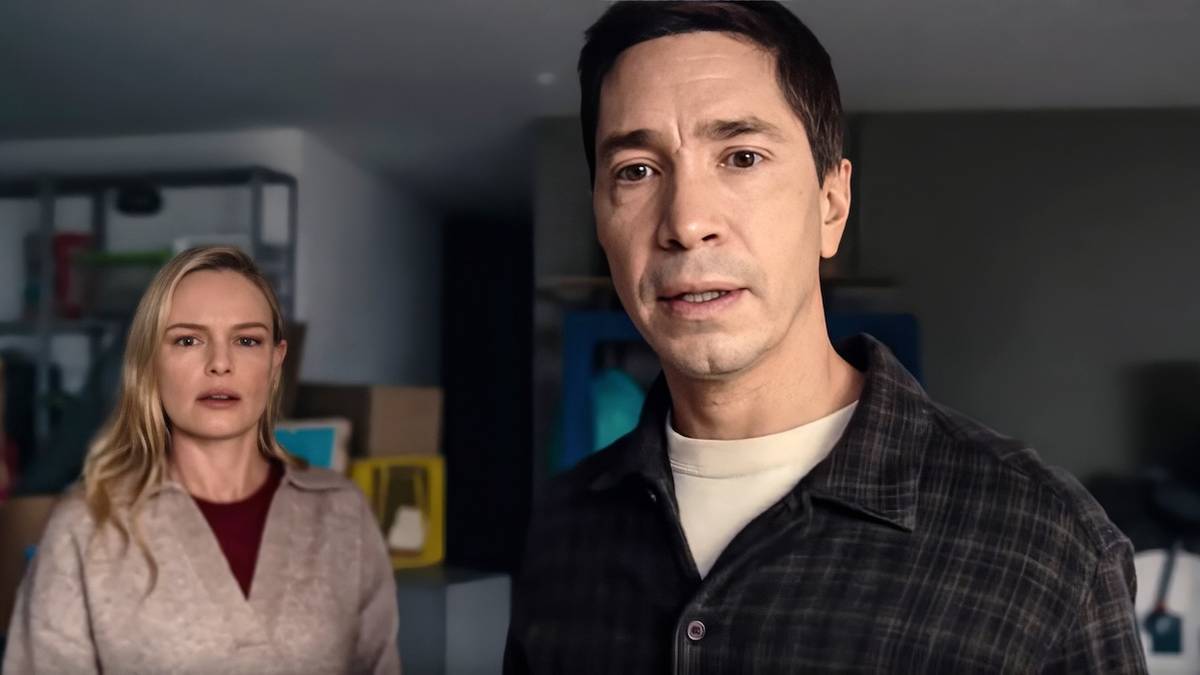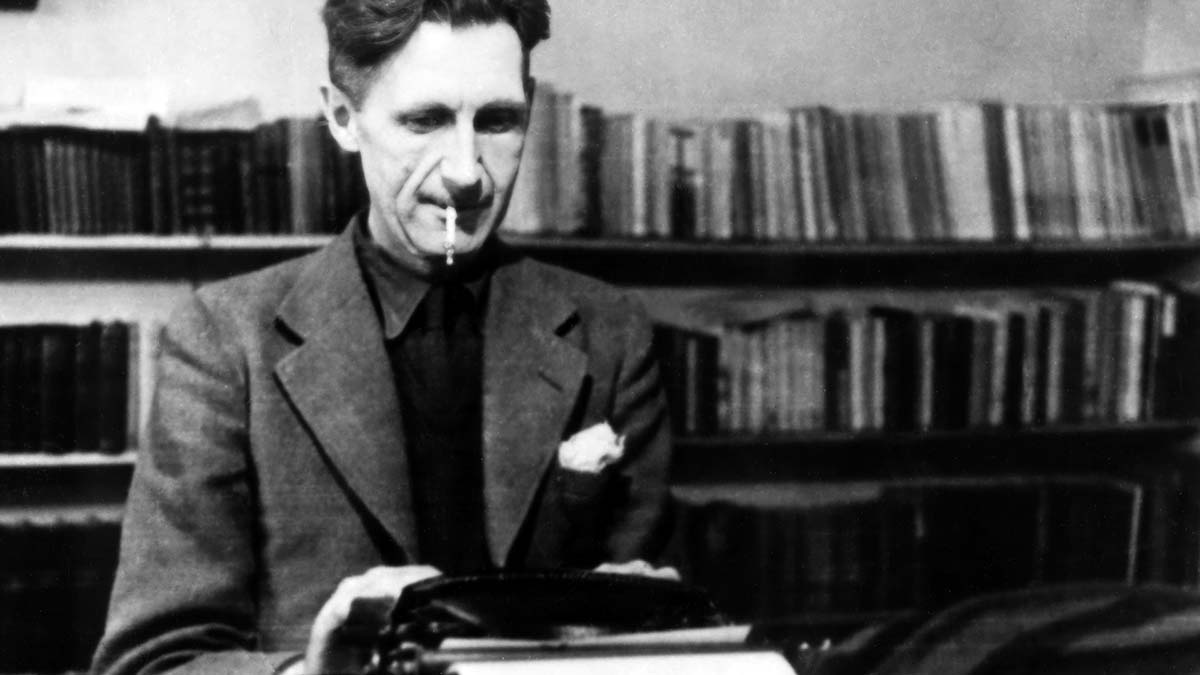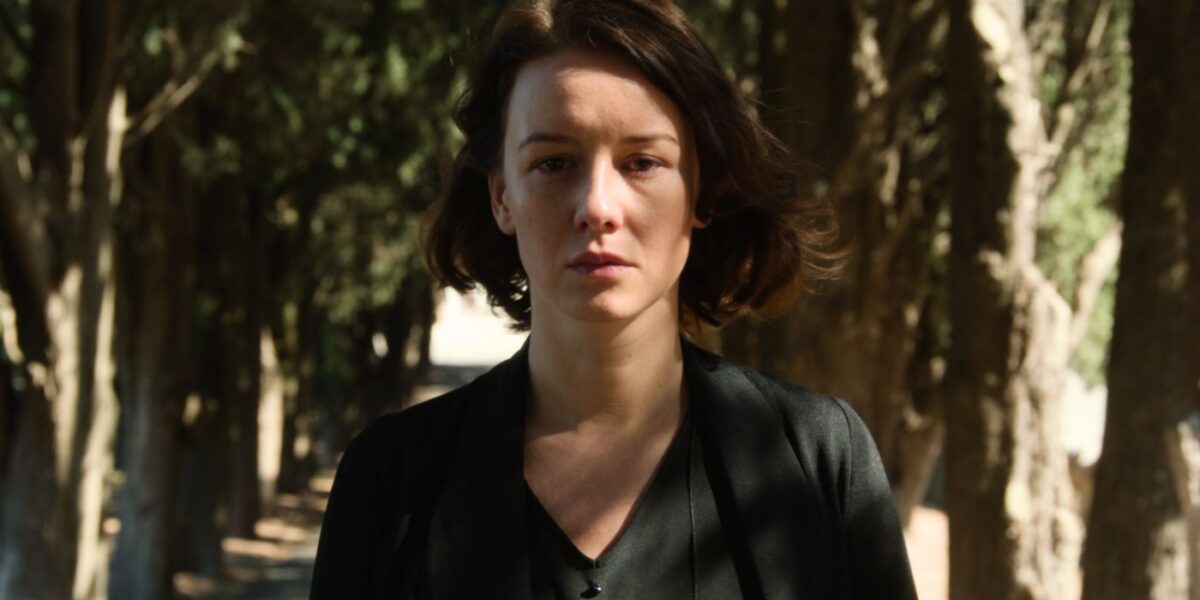
Michael Winterbottom’s Intense Political Thriller Is a Powerful WWII Story That’s Remarkably Relevant Today
Jul 31, 2025
Given today’s political climate, a film about the social issues and warring ideologies in Israel is highly relevant, and Michael Winterbottom is probably one of the best people to deliver it. Before he directed Shoshana, he worked on the documentary called Eleven Days in May, which followed the death of over 60 Palestinian children in Gaza, working alongside a Gaza-based filmmaker, Mohammed Sawwaf. But in Shoshana, he directs the camera towards a British Mandate Israel in the 1930s and ’40s, where differing Zionist beliefs were prevailing, and the violent conflict is back-dropped by the events of World War II. Winterbottom prioritizes clarity and precision in the film, which is partially inspired by true events, although much of it remains fictionalized. But where it succeeds in detail and scrutiny, it lacks more intimate emotions, leaving the piece colder than he likely intended.
What Is ‘Shoshana’ About?
The titular character, Shoshana (Irina Starshenbaum), is based on a real person, who was the daughter of a prominent socialist Zionist activist who advocated for a peaceful way for the Jewish and Arab communities to live together in Palestine. In the film, we see her following her father’s ideology as she flies her way through the high-society of Tel Aviv, debating politics at prim and proper parties while going home to a controversial romance with a British intelligence officer, Thomas Wilkin (Douglas Booth). There are three major sides of the conflict in the film: the Palestinians, the Zionists, and the British. Within that, the Zionists were split between Shoshana’s non-violent, socialist brand and the more extremist, militant group called Irgun. While Shoshana and Wilkin’s relationship is technically at the center of the film, acting as a conduit for the differing Zionist and British views on the political climate, it is the British movement within Israel that feels strongest. We see Wilkin at his job, trying to maintain peace between the communities by acting as a policing force, dealing with murders, confidential informants, and the aftermath of an explosion, all alongside the more violent, colonial officer, Geoffrey Morton (Harry Melling). Despite their role as mediators, they provide their own flavor of brutality, leading to the crux of the film’s anti-imperialism exploration.
Image via Revolution Films
Shoshana is strongest when it directs its magnifying glass at the political tensions between Zionist groups and British involvement in mediating this by coldly imposing their own views. They try and maintain an unbiased, stringent peace by upholding laws of confiscating illegal weapons or hunting down known terrorist figures, yet these laws are arbitrary and don’t account for real human nuance. They are also enacted with a sort of universal brutality, where many imperialist officers show little mercy to targets, no matter their political stance, which sounds good in theory, but in practice, just adds another oppressive, my-view-is-better-than-yours player on the board. Most of the sentiment in the film is anti-imperial, but Shoshana doesn’t necessarily take a stance on the Palestine-Israel conflict, instead just exploring historical views and events, and it works. The storytelling, script, and cinematography are taut and crisp, leaning into the political tensions in an interesting and engaging way. However, since the film resides in this neutral area (showcasing the brutality doled out by every side) and given the current political climate, one notable exclusion is Palestinian voices. The Arab community in Gaza is reduced to victims and retaliators, where we rarely see their ideologies or part of the conflict despite having a major place in it. Shoshana’s main focus may be Zionist and British views and actions, but it feels jarring that Palestine would be omitted. Another aspect of its narrative that Shoshana neglects is the central romance. To be fair, the relationship between Shoshana and Wilkin is used as a launching pad to delve into political discussions, and this would work if the film didn’t spend too much time on it. Unfortunately, the two leads lack chemistry, making the relationship less credible, and their purely romantic scenes, including intimate ones, drag the pacing. Due to this, the film feels unbalanced as it doesn’t feel as emotionally charged as it should. There are instances of human devastation, like the aftermath of a bomb attack, but intimate, personalized emotions that are supposed to radiate from the central relationship are missing. So, while Shoshana may be meticulous and powerful in its discussion, it suffers from its lack of heart.
Booth and Melling Deliver Compelling Dynamics in ‘Shoshana’
Booth may struggle to have compelling on-screen chemistry with Starshenbaum, but he is terrific when he shares the screen with Melling. The two British officers represent a “good” vs. “bad” Brit dichotomy, where Booth’s Wilkin is humanized and empathetic, whereas Melling’s Morton is unfeeling and colonial. Melling’s character, in particular, is based on a real-life figure who allegedly murdered the head of the Irgun terrorist group, when he was only supposed to arrest him. Melling plays this ambiguity skillfully, maintaining piercing, wide eyes and a cold, calculating expression, where he is happy to cross any line to uphold the law. It sometimes feels like Morton doesn’t even register anyone who is not British as human, and it’s morbidly fascinating to watch. Together, the two characters have contentious dynamics, as Wilkin often demeans the lack of empathy in Morton’s action, especially as he uses confidential informants and is often pragmatic if they are killed for treason. But what’s most intriguing about their relationship is that, despite the binary, they are ultimately on the same side, proposing even more intriguing implications that are explored late in the film. Sometimes, it feels like there are more stakes in this antagonistic relationship than in the central romance, especially with Booth’s increasingly desperate and torn performance. Shoshana has the makings of an amazing film, and succeeds with most of its political commentary, but if it adjusted its scope slightly, then perhaps it would be less cold and unemotional. Shoshana is now playing in theaters.
Shoshana
‘Shoshana’ may be relevant and powerful, but lacks balance and emotion.
Release Date
July 25, 2025
Runtime
121 minutes
Director
Michael Winterbottom
Writers
Laurence Coriat, Michael Winterbottom, Paul Viragh
Pros & Cons
Winterbottom’s exploration of political ideology at the time is precise, compelling and driven.
Booth and Melling’s contrasting performances and dynamics are the most intriguing aspect of the film.
‘Shoshana’ struggles in maintaining emotion, leaving the central love story with limited stakes.
Despite being strong, the political and humanist exploration is notably one-sided, with Palestinian voices diminished.
Publisher: Source link
Erotic Horror Is Long On Innuendo, Short On Climax As It Fails To Deliver On A Promising Premise
Picture this: you splurge on a stunning estate on AirBnB for a romantic weekend with your long-time partner, only for another couple to show up having done the same, on a different app. With the hosts not responding to messages…
Oct 8, 2025
Desire, Duty, and Deception Collide
Carmen Emmi’s Plainclothes is an evocative, bruising romantic thriller that takes place in the shadowy underbelly of 1990s New York, where personal identity collides with institutional control. More than just a story about police work, the film is a taut…
Oct 8, 2025
Real-Life Couple Justin Long and Kate Bosworth Have Tons of Fun in a Creature Feature That Plays It Too Safe
In 2022, Justin Long and Kate Bosworth teamed up for the horror comedy House of Darkness. A year later, the actors got married and are now parents, so it's fun to see them working together again for another outing in…
Oct 6, 2025
Raoul Peck’s Everything Bagel Documentary Puts Too Much In the Author’s Mouth [TIFF]
Everyone has their own George Orwell and tends to think everyone else gets him wrong. As such, making a sprawling quasi-biographical documentary like “Orwell: 2+2=5” is a brave effort bound to exasperate people across the political spectrum. Even so, Raoul…
Oct 6, 2025

